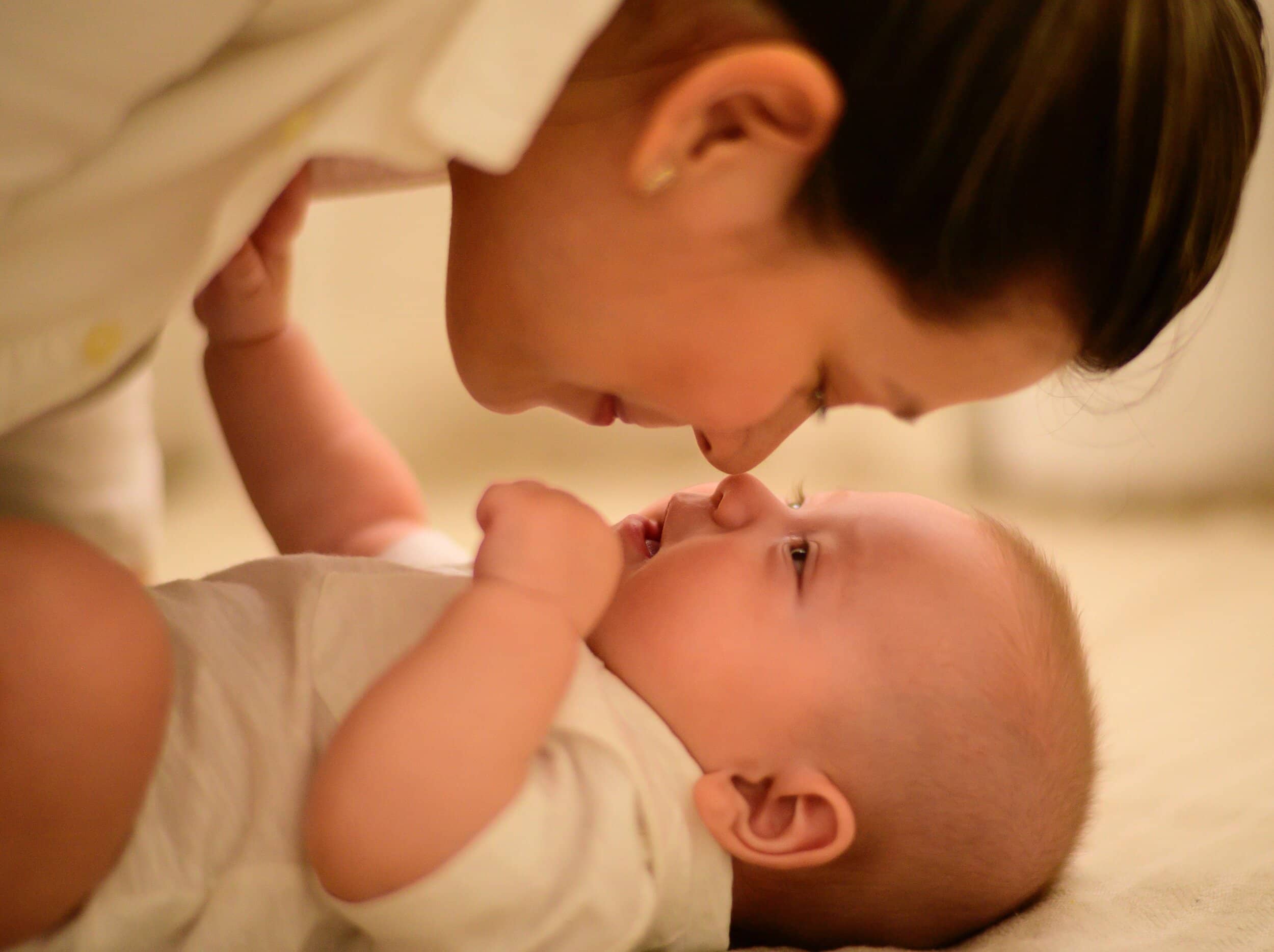Bonding with your new born baby is the most amazing experience for a new mom. You just met the new tiny human who became the center of your life. But what if you have troubles bonding with the baby? If you feel overwhelmed and distressed?
You saw multiple idealist pictures of your friends and celebrities who cuddle with their new born and look amazing and you feel like that should be norm, but you don’t feel that way. Some moms experience “baby blues” several days postpartum and should not last more than 1-2 weeks, which includes feeling sadness, overwhelmed, moody, and irritable. Baby blues are caused by a sharp drop of hormone and your body adjusting to not being pregnant any more. It is totally normal to feel that way and symptoms usually resolve on their own.
However, if it has been longer than 2 weeks and you experience symptoms such as anxious and sad mood, fatigue, feeling of guilt, insomnia, aches and/or pains, troubles concentrating , crying spells, irritability, anger for more that 2 weeks, you might be experiencing Postpartum depression and/or anxiety which are conditions that need to be treated.
Often exhausted, sleep deprived, and anxious mother find herself crying, feeling worthless, or irritable, she knows she is not well but her family reassures that she “just” needs to power thought these symptoms, just “take a nap”. Symptoms of postpartum depression, anxiety, and intrusive thoughts associated with OCD can prevent you from bonding with your baby and experience joy of motherhood. Often unrecognized, mislabeled, and left untreated postpartum depression and anxiety have debilitating effect on new mothers and their ability to bond with the baby.
Postpartum depression and anxiety can look and feel very different than any other psychiatric disorder. Symptoms such as anxious and sad mood, fatigue, feeling of guilt, insomnia, aches and/or pains, troubles concentrating are attributed to the recent birth, sleep deprivation, and lifestyle changes and overlooked.
Do not isolate and feel guilty or ashamed of your symptoms, remember they are symptoms and are treatable.
PPD could keep you from bonding with your baby
PPD could keep you from bonding with your baby in the way you truly want. It is important to understand that struggling with Postpartum depression, anxiety, and sometimes unwanted intrusive thoughts does not make you a bad mother and it certainly not a reflection of who you are as a person and as a mother. Experiencing symptoms of postpartum depression and anxiety is NOT a failure or a character defect, it is experiencing debilitating symptoms such as of flu or asthma. Often hormonal changes, genetic predisposition, lack of adequate support system, and other factors might contribute to the onset and development of postpartum depression, anxiety, and intrusive, unwanted “scary thoughts”.
Finding Strength in Your Attachment
If you have Postpartum Depression, it is incredibly important to take time for yourself find appropriate care such as a well-trained therapist, reproductive psychiatrist, a support group (available at postpartumsupportinternational.net) and practice good self-care. You have to allow yourself time for yourself instead of thinking that you need to spend all of your time with your new baby to form a close bond.
A healthy attachment is less about spending every moment with your child and more about how that time is spent. Having a bond allows you to validate emotions and understand cues. If your baby knows that you are “seeing” them by responding to those cues appropriately, they will feel that attachment, even if it comes in pieces.
A healthy attachment with your child will also give you room to make mistakes. No parent is perfect, even when PPD is not a factor.
But, if you’re dealing with Postpartum Depression, it is far too easy to blame yourself for even the smallest of mistakes. Yet, these mistakes can actually teach your child about the importance of love, forgiveness, and respect. If you strive for perfection and never make a mistake, you will reach the point of burn out and exhaustion.
If you are worried about bonding with your baby while you deal with Postpartum Depression, reach out, find help, talk to people close to you.
By focusing on your own mental health first, you can then shift that strength and focus on your child and form a stronger bond.
Postpartum Depression treatment often include individual therapy, support group , and if needed medication support.
Whether you are struggling with Postpartum Depression and Anxiety or you are not sure if you are developing a healthy attachment with your child, feel free to contact me for more information. Remember, Postpartum complications are not uncommon, and you are not alone.

